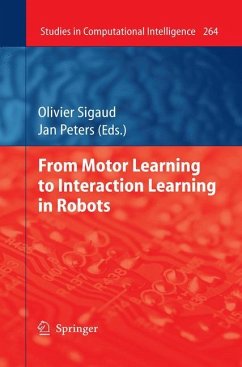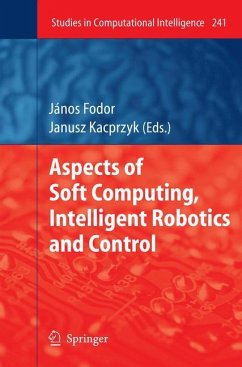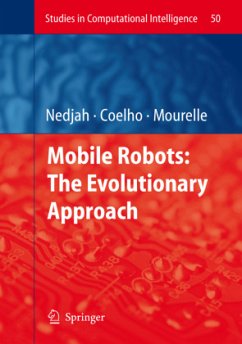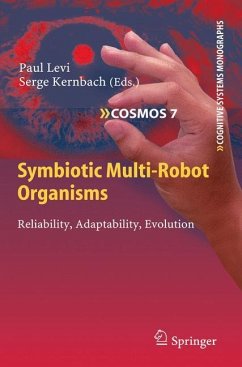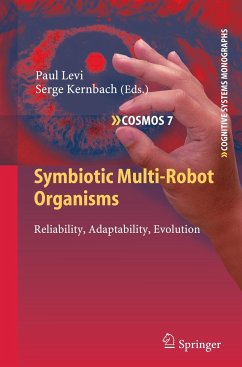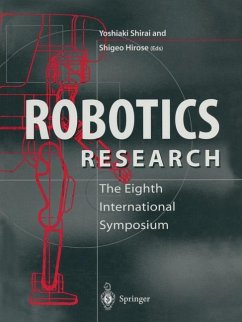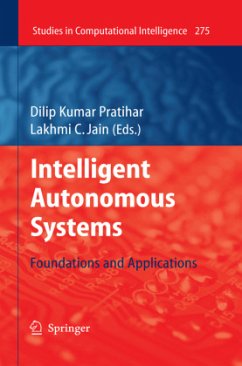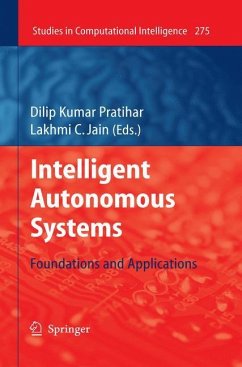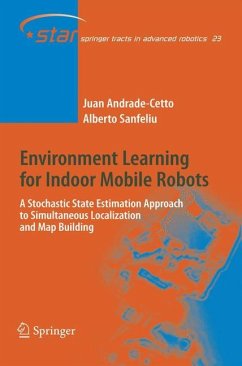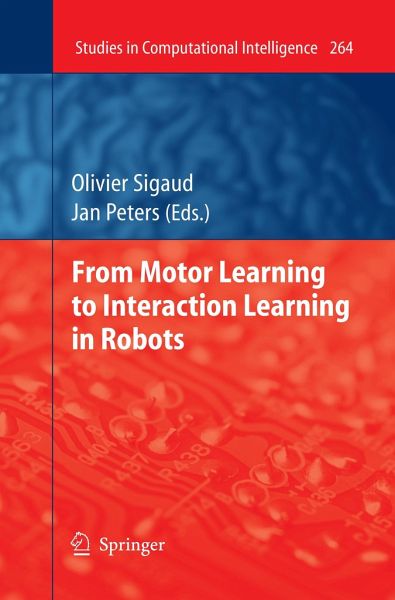
From Motor Learning to Interaction Learning in Robots
Versandkostenfrei!
Versandfertig in 6-10 Tagen
151,99 €
inkl. MwSt.

PAYBACK Punkte
76 °P sammeln!
From an engineering standpoint, the increasing complexity of robotic systems and the increasing demand for more autonomously learning robots, has become essential. This book is largely based on the successful workshop "From motor to interaction learning in robots" held at the IEEE/RSJ International Conference on Intelligent Robot Systems. The major aim of the book is to give students interested the topics described above a chance to get started faster and researchers a helpful compandium.



